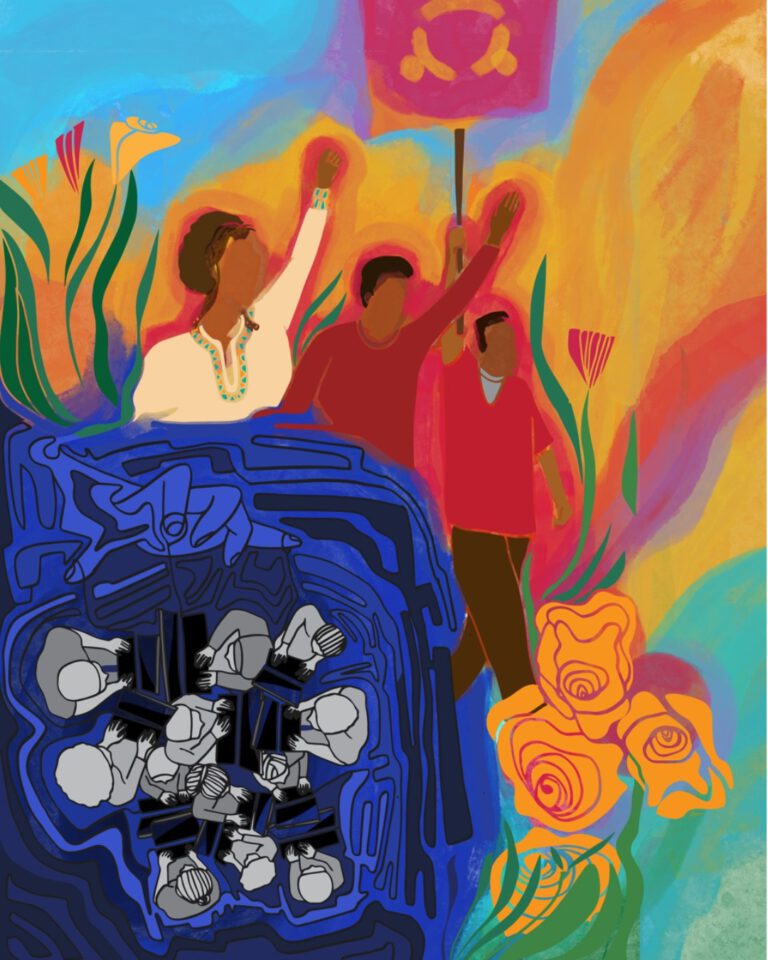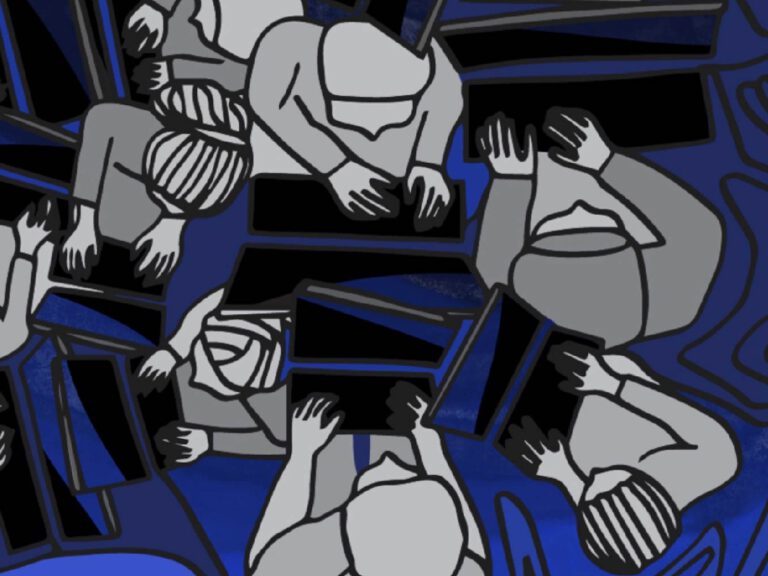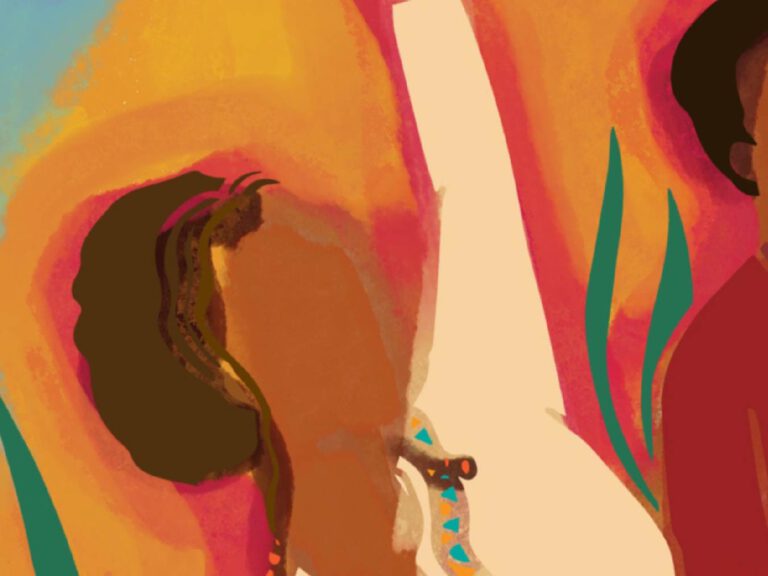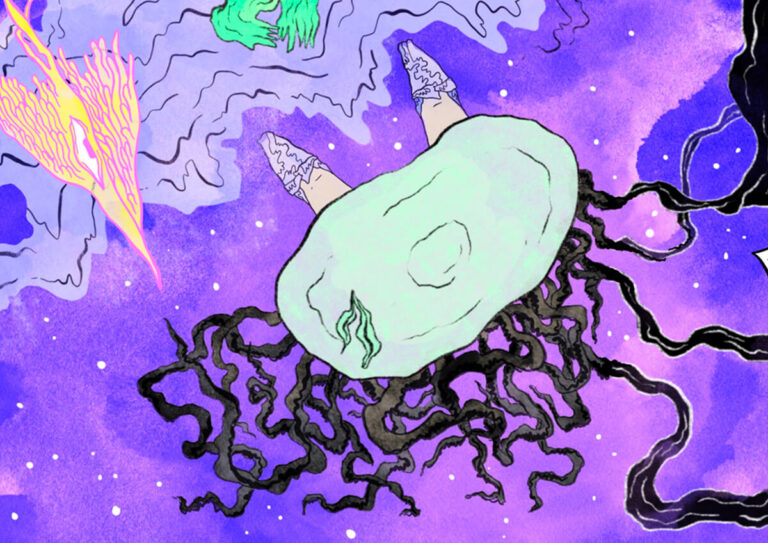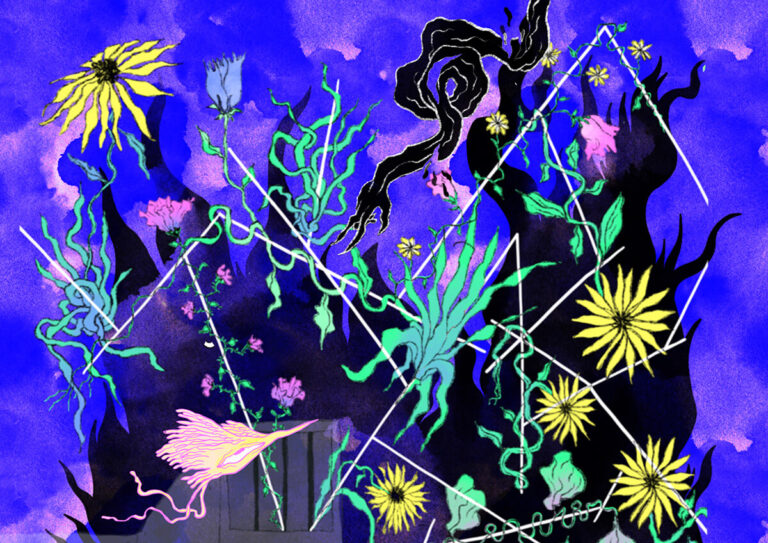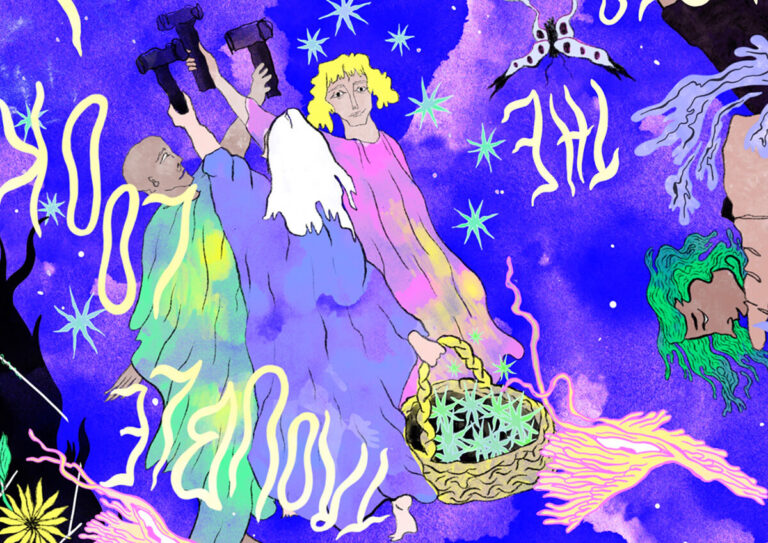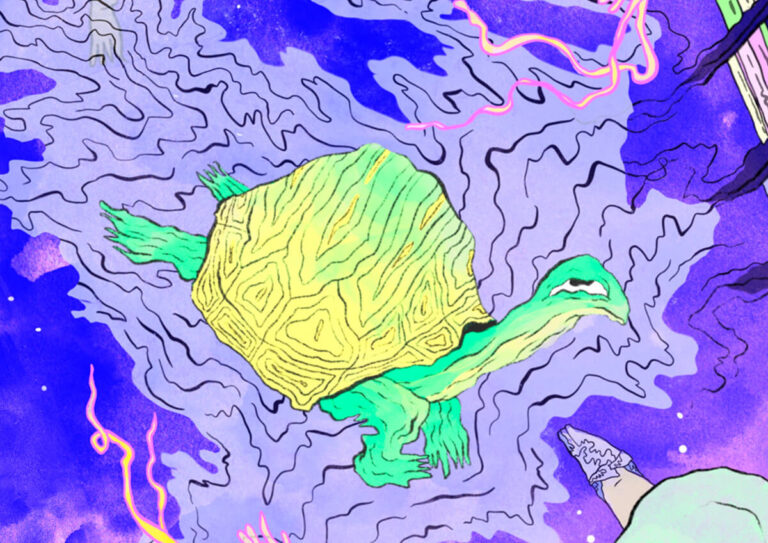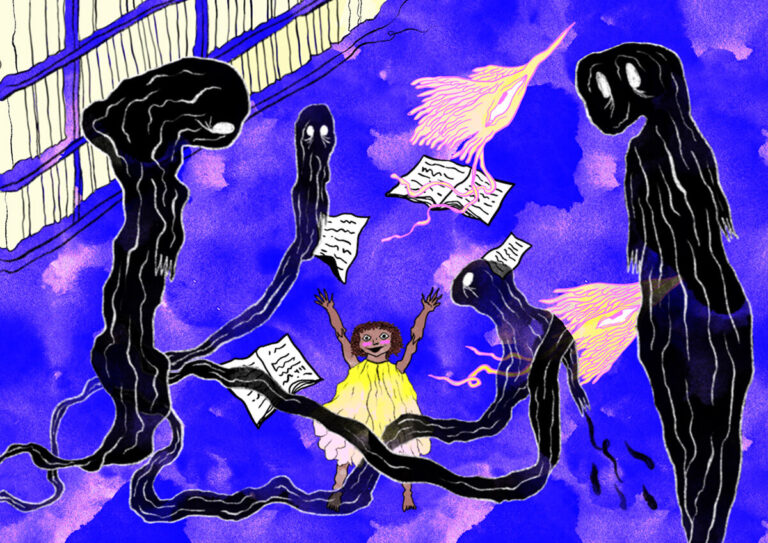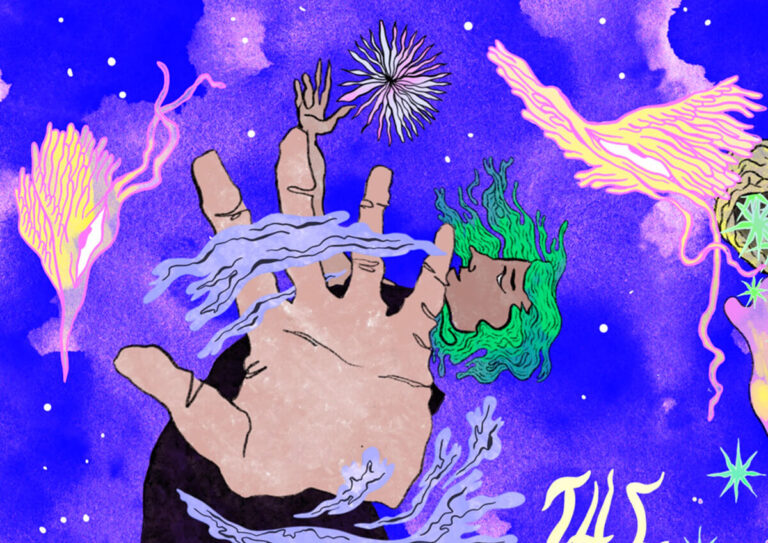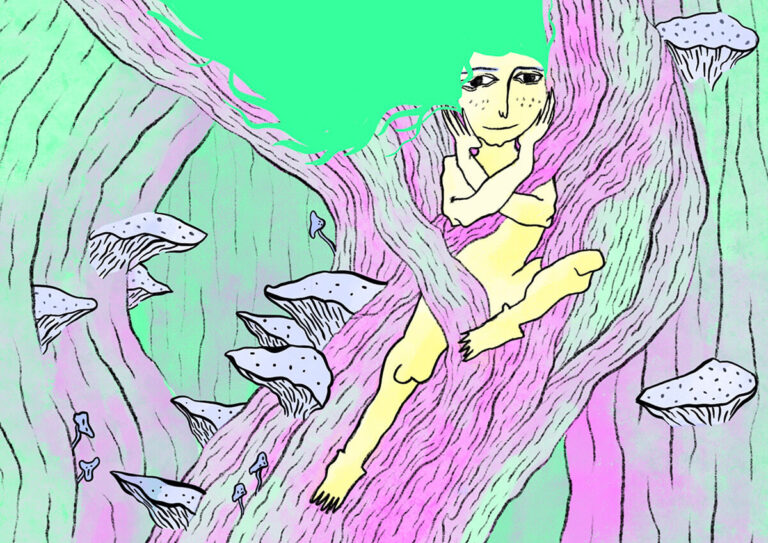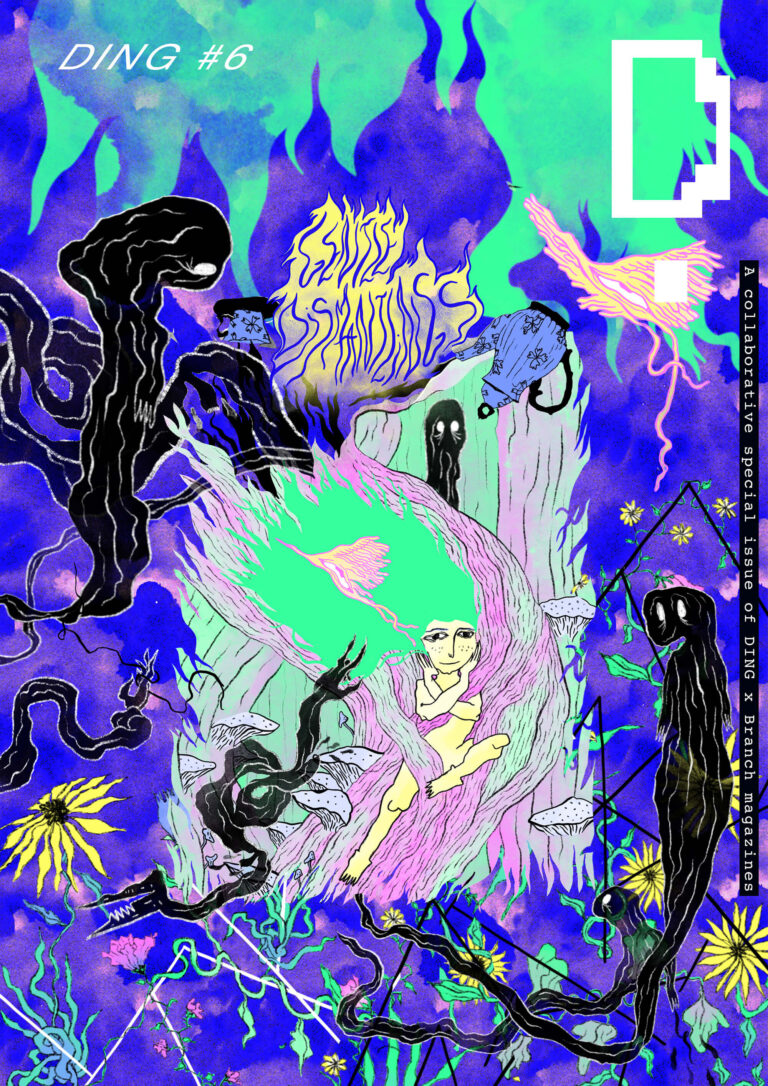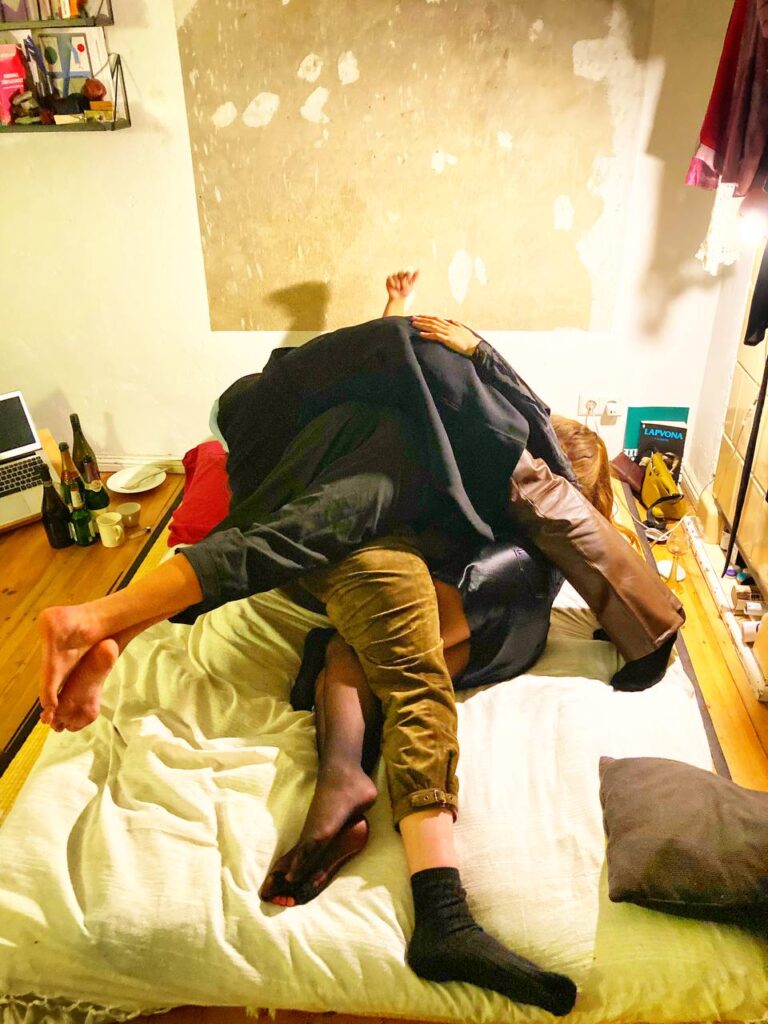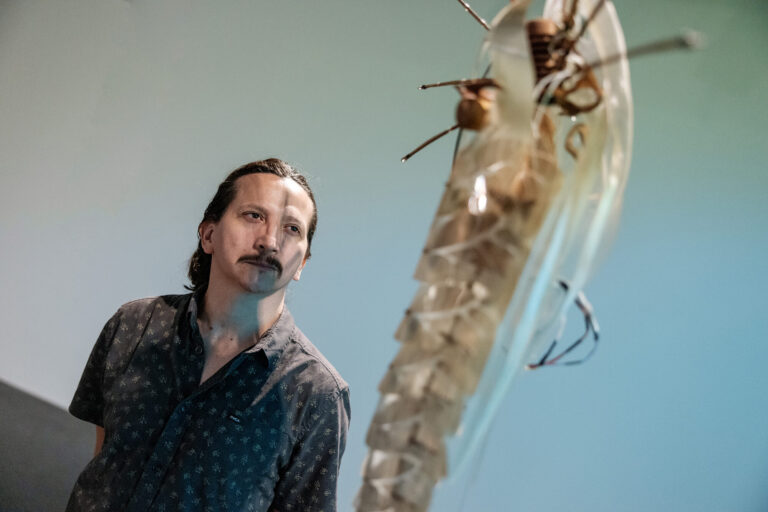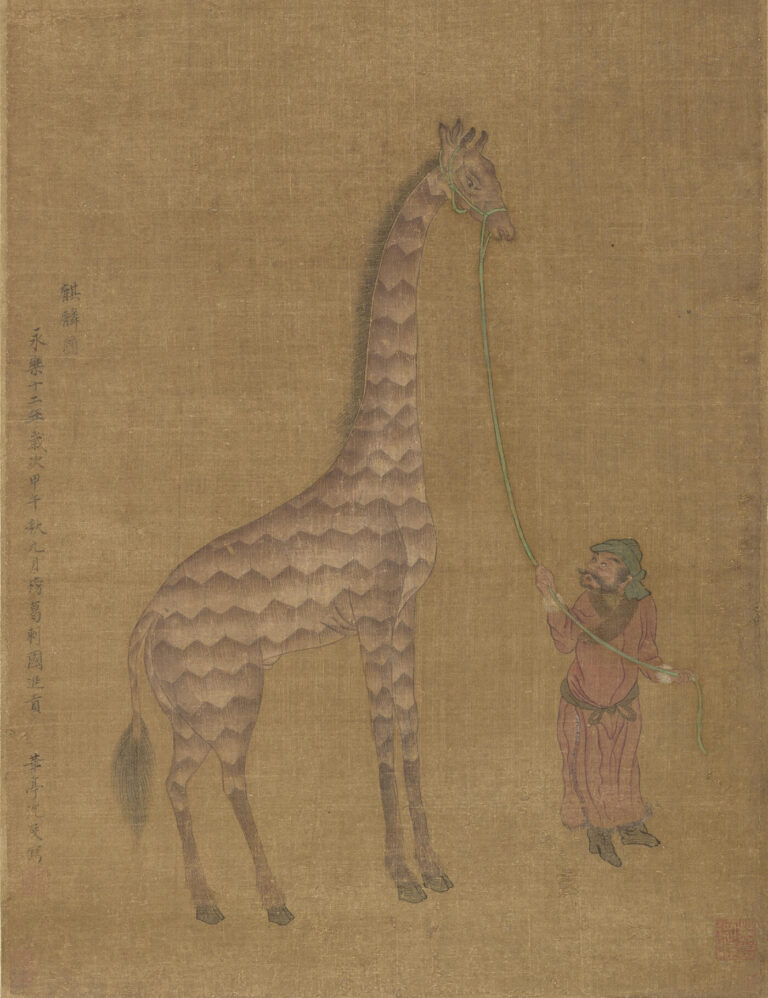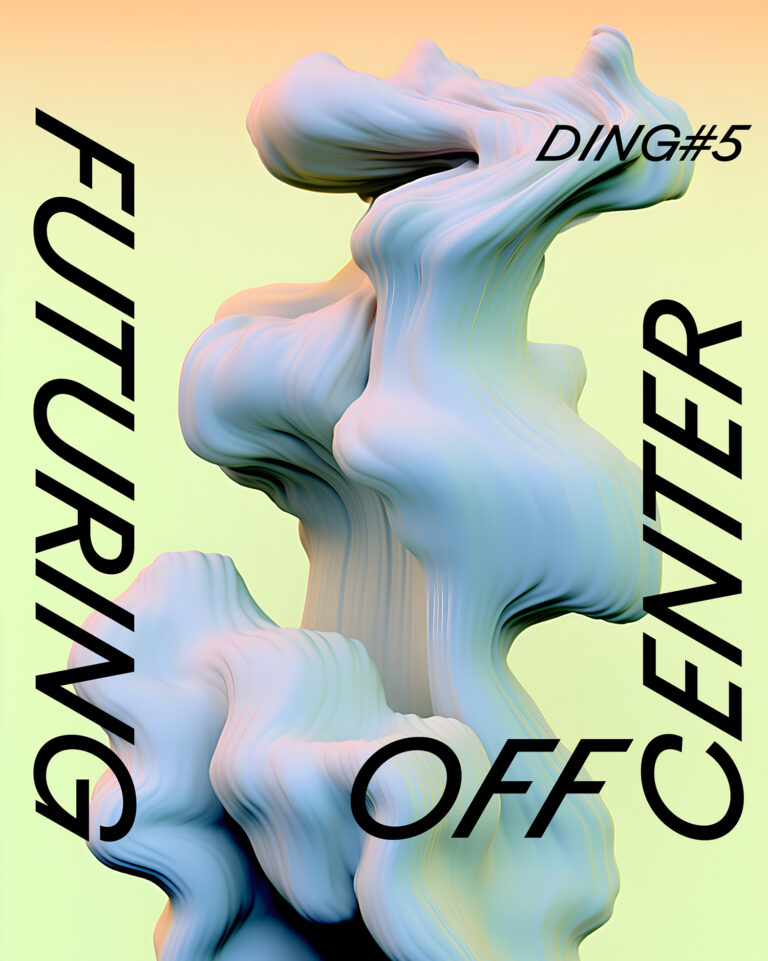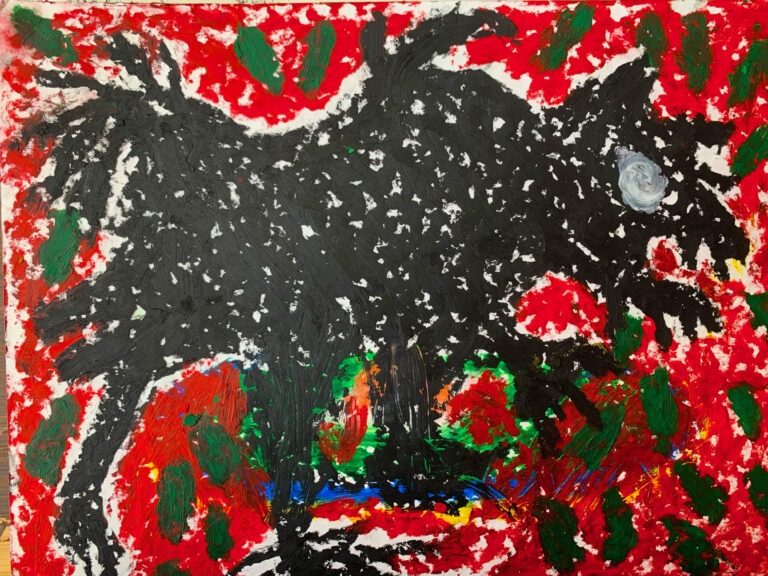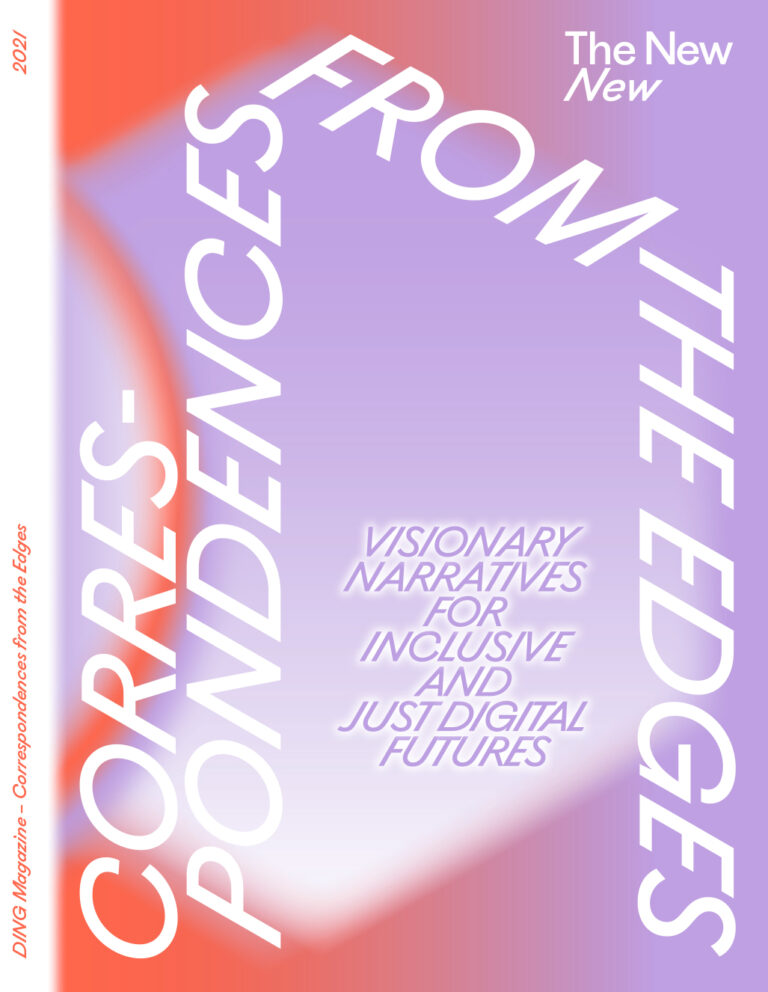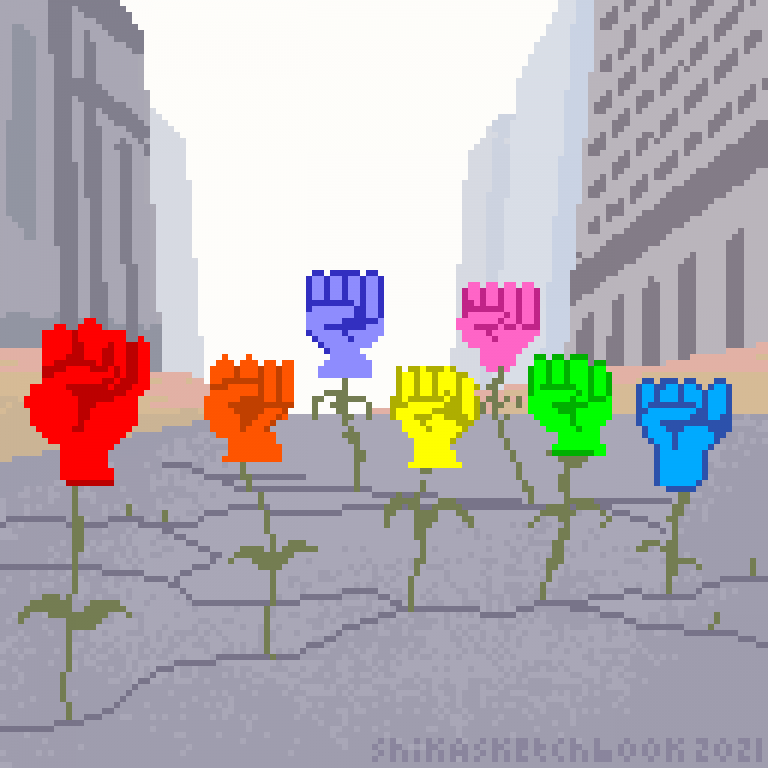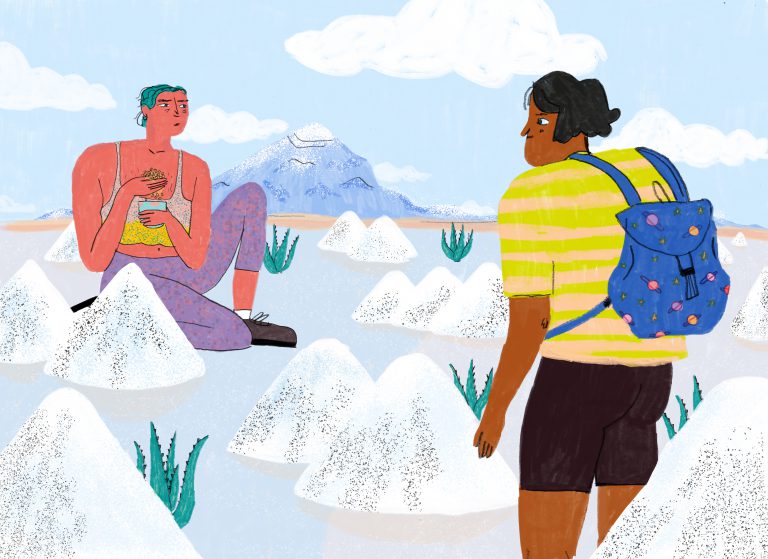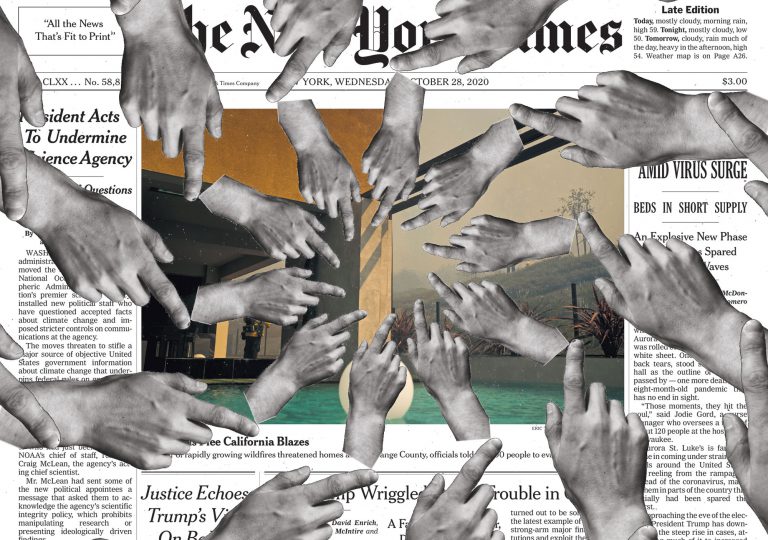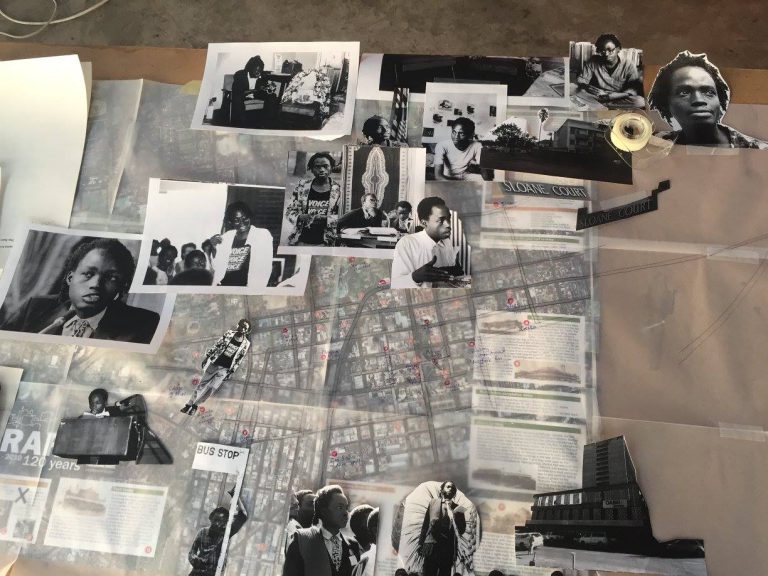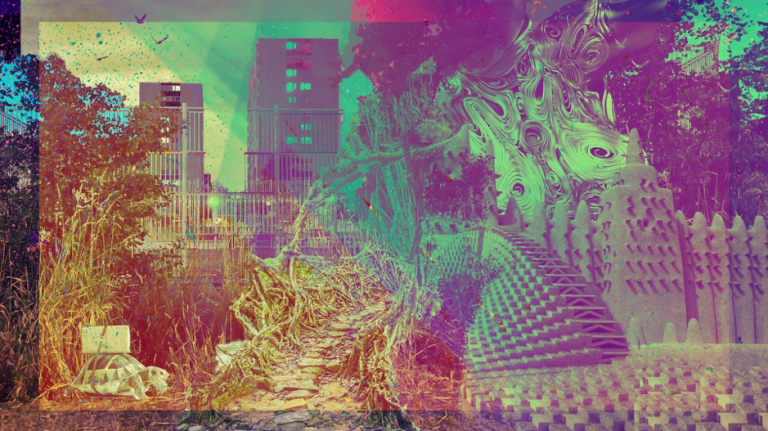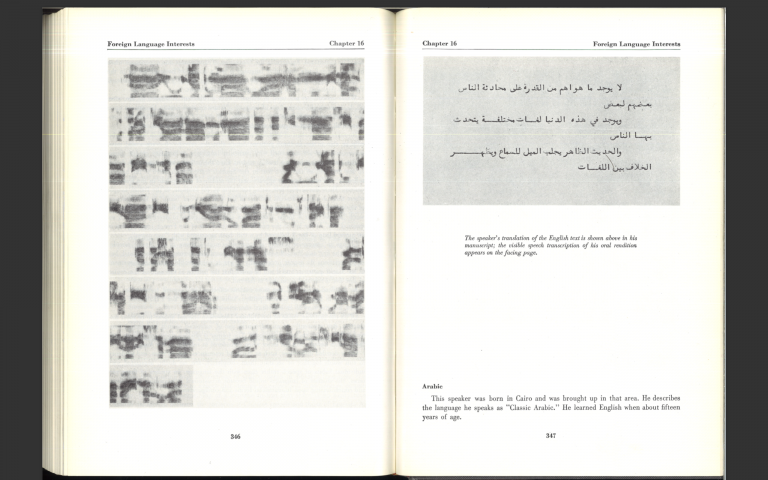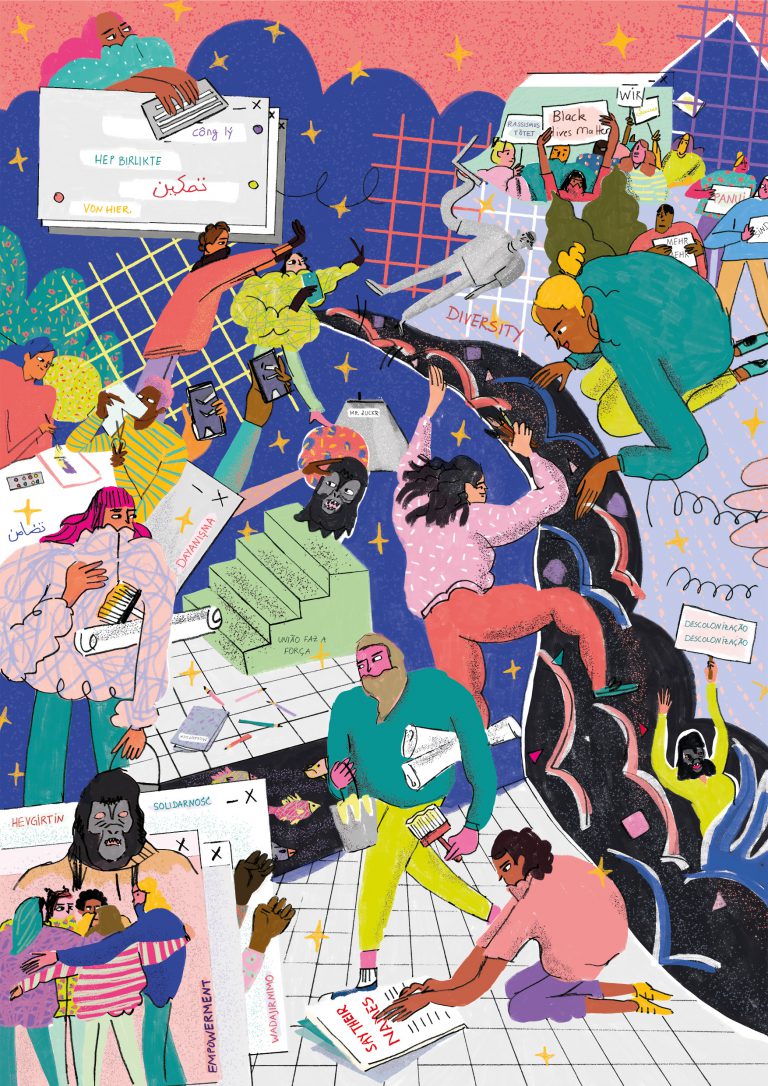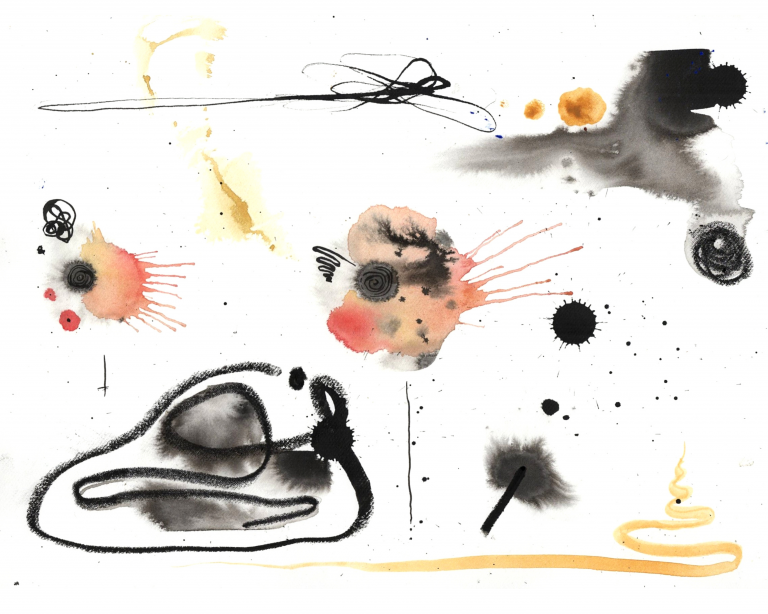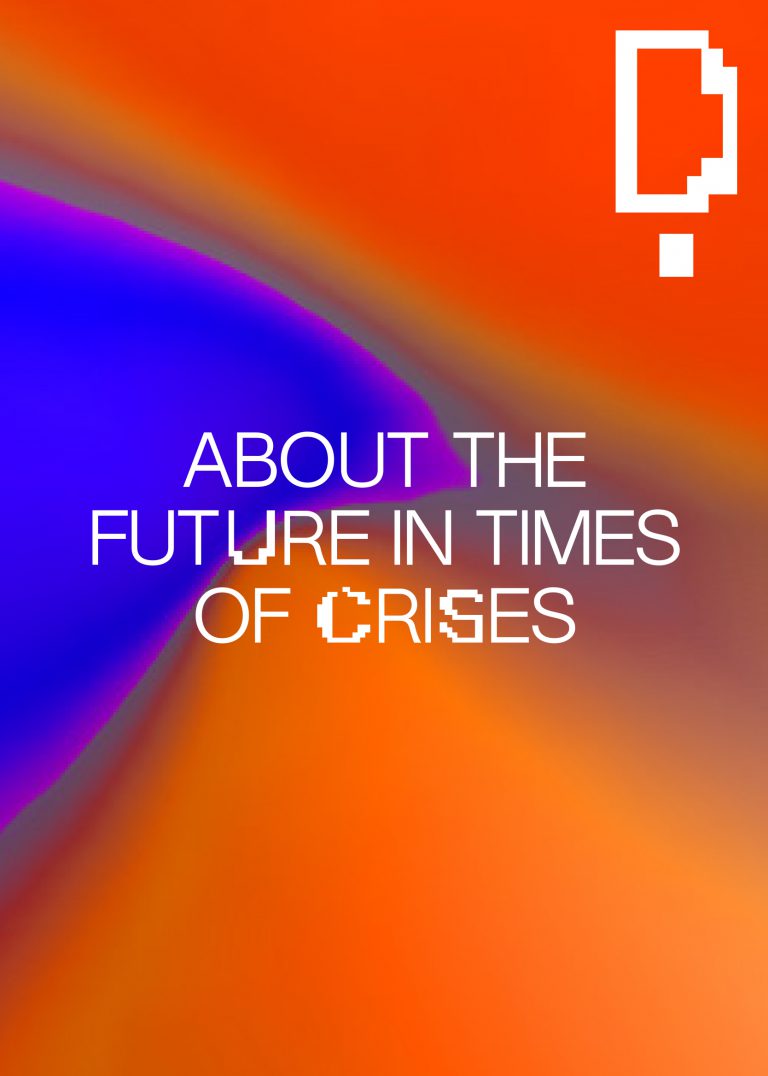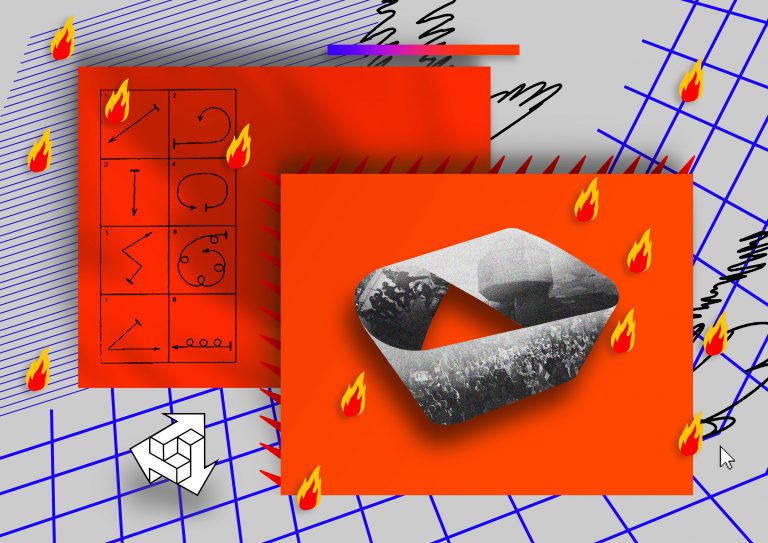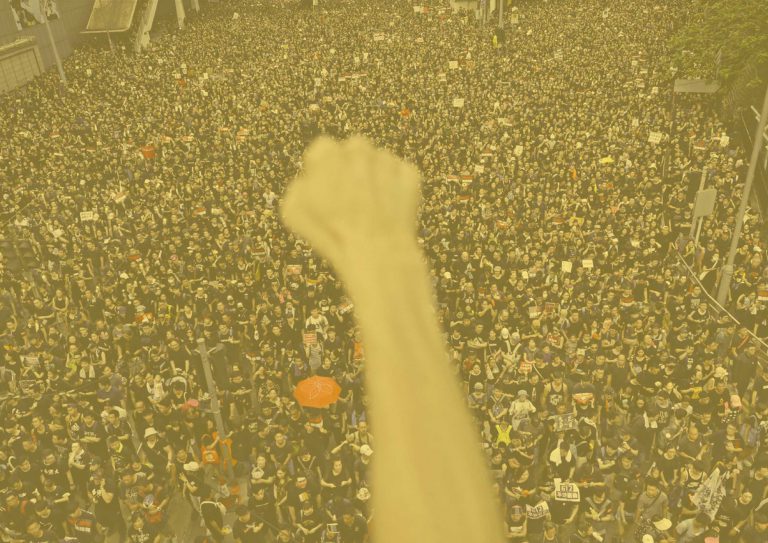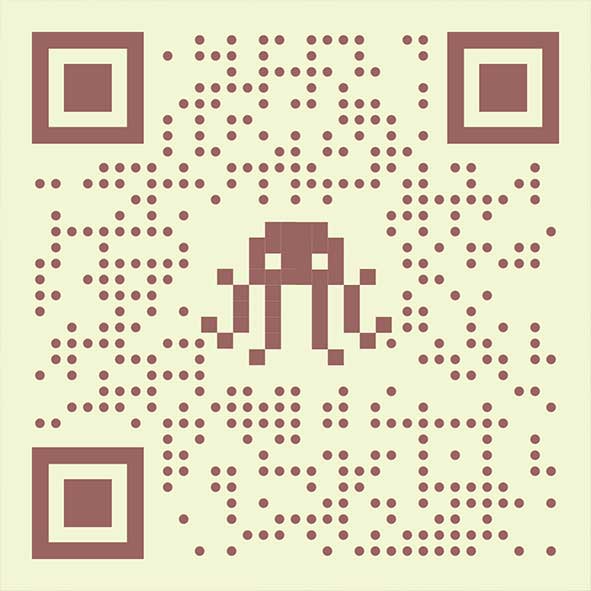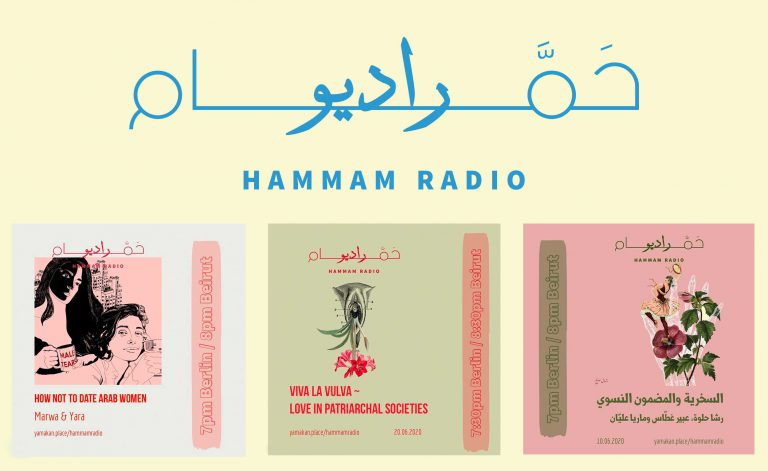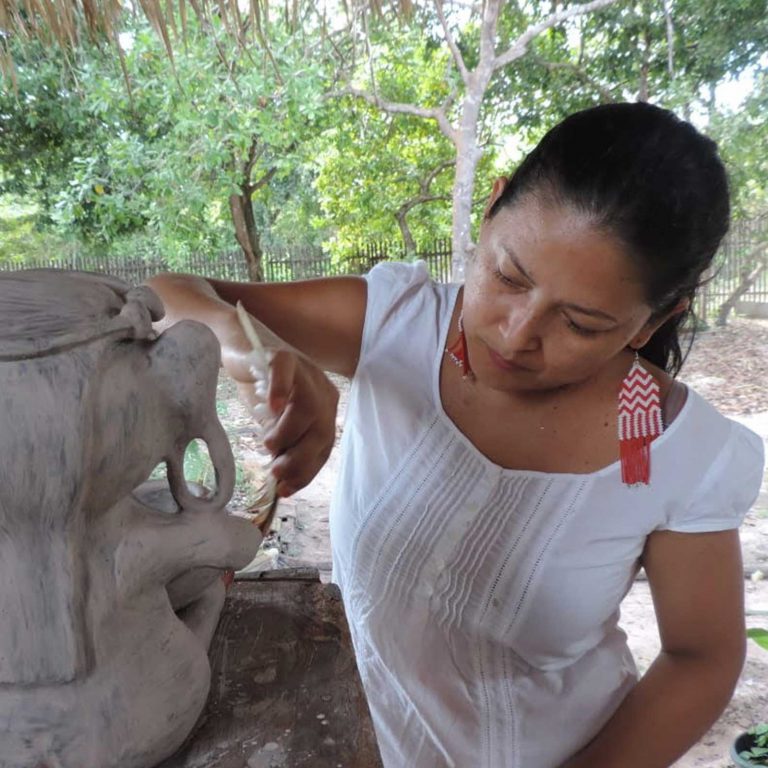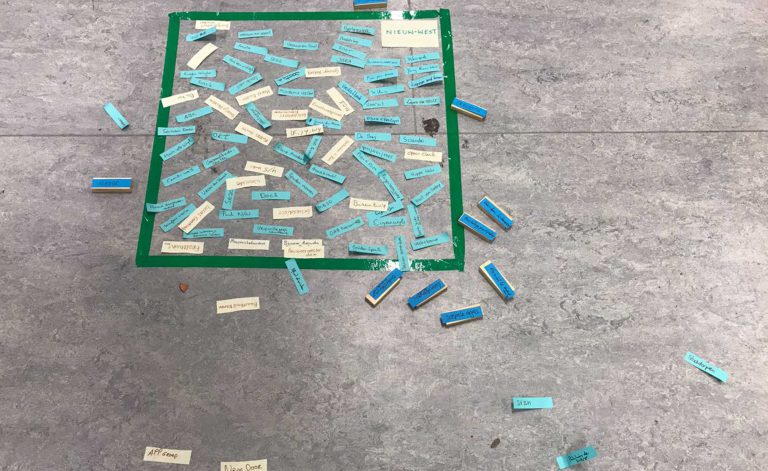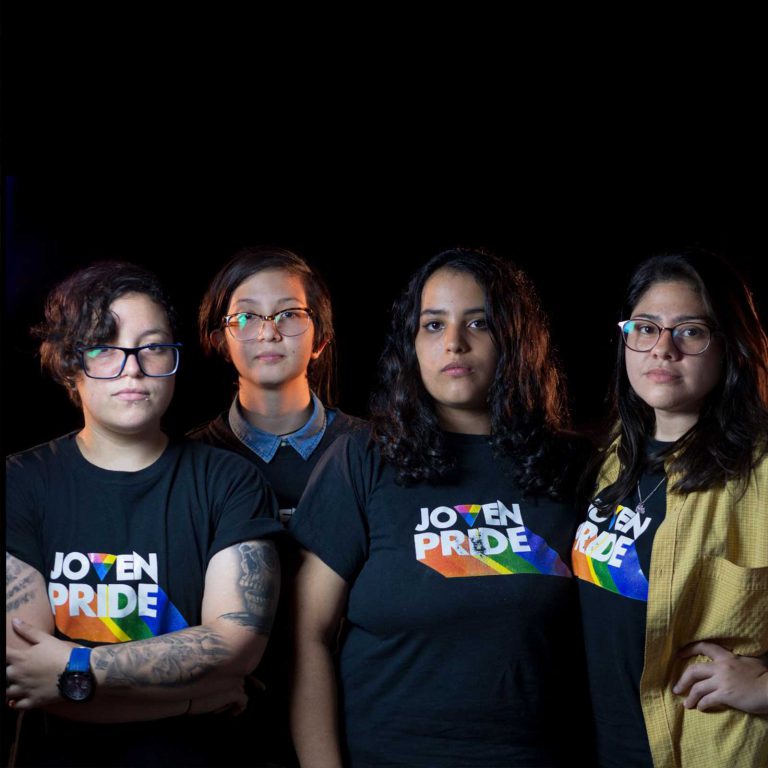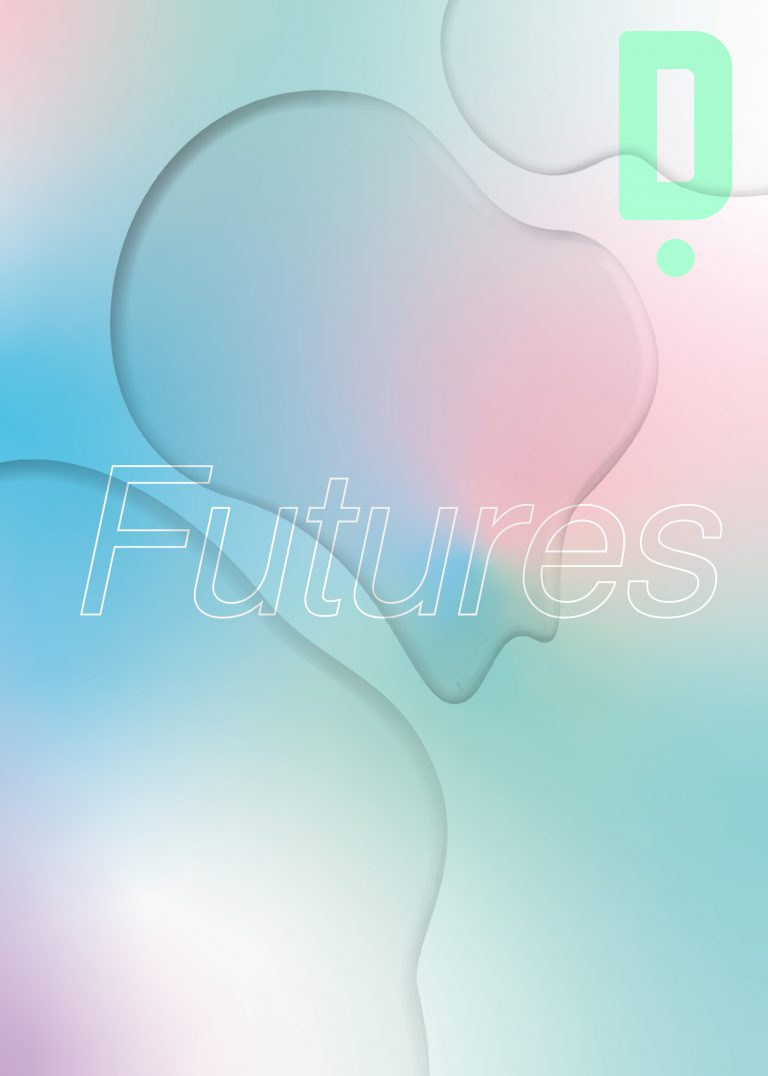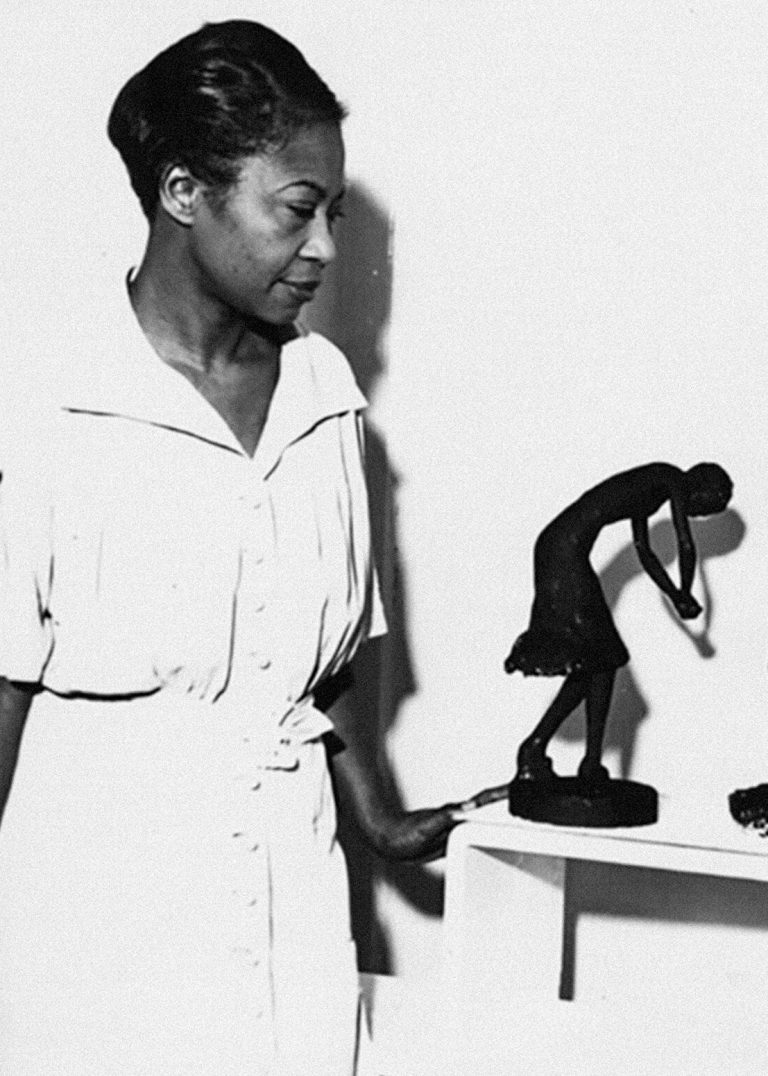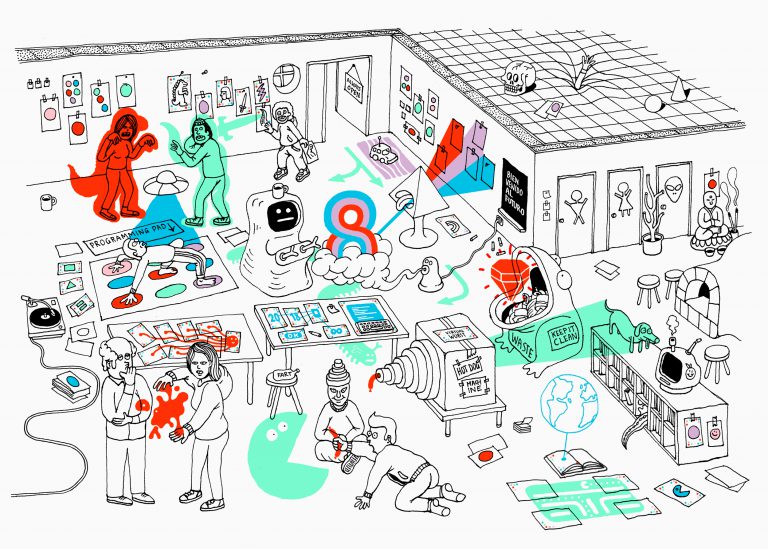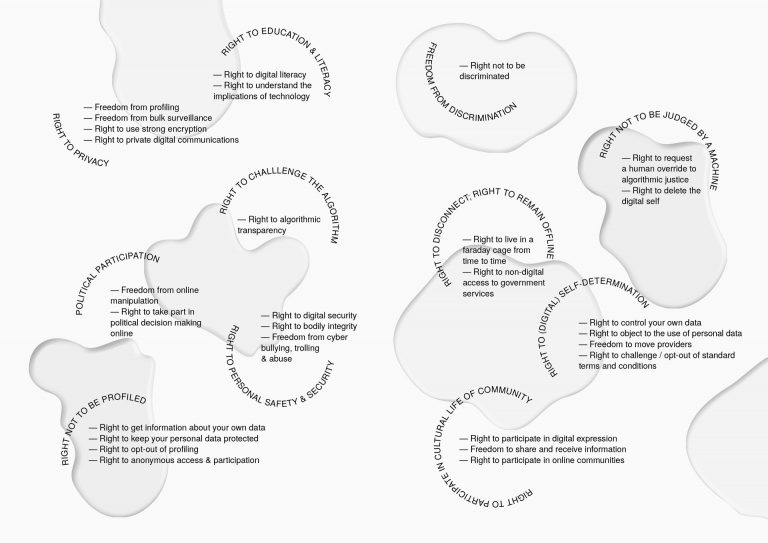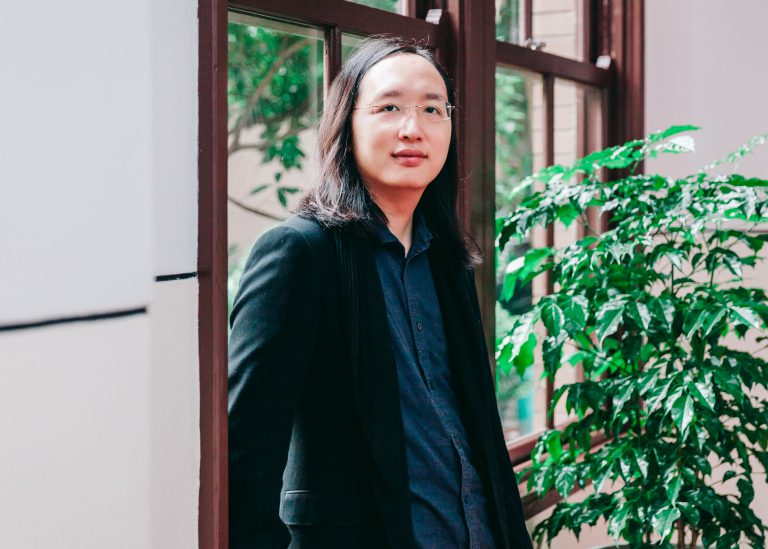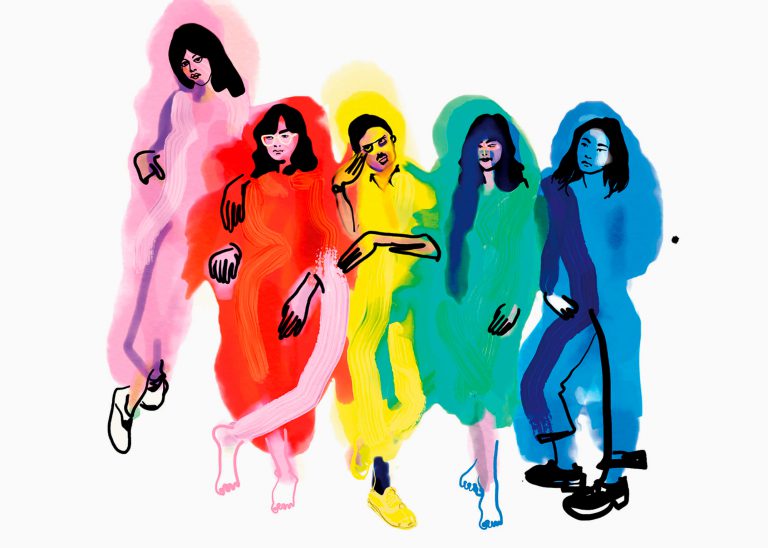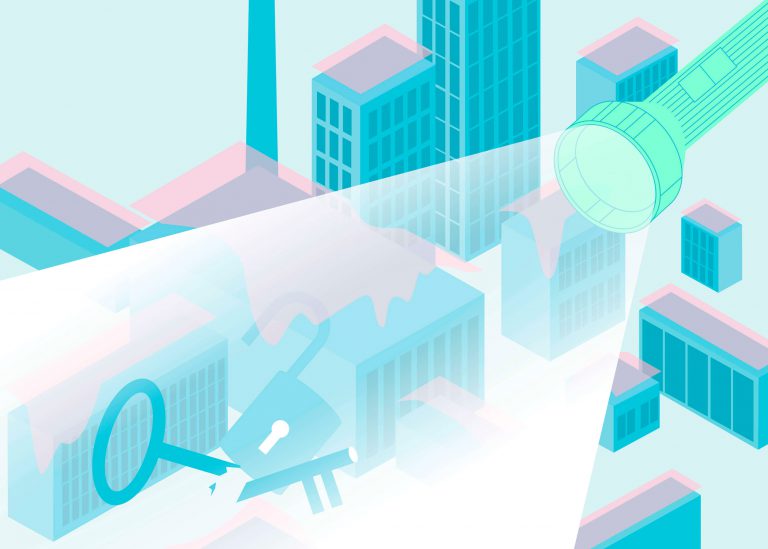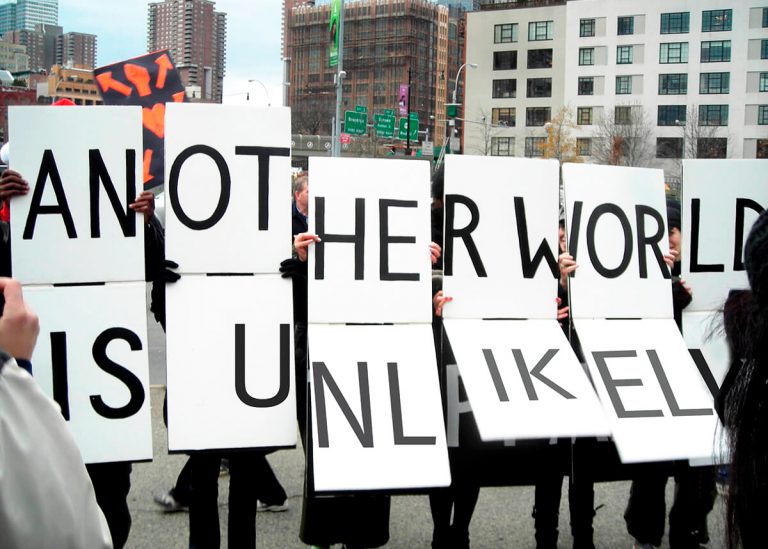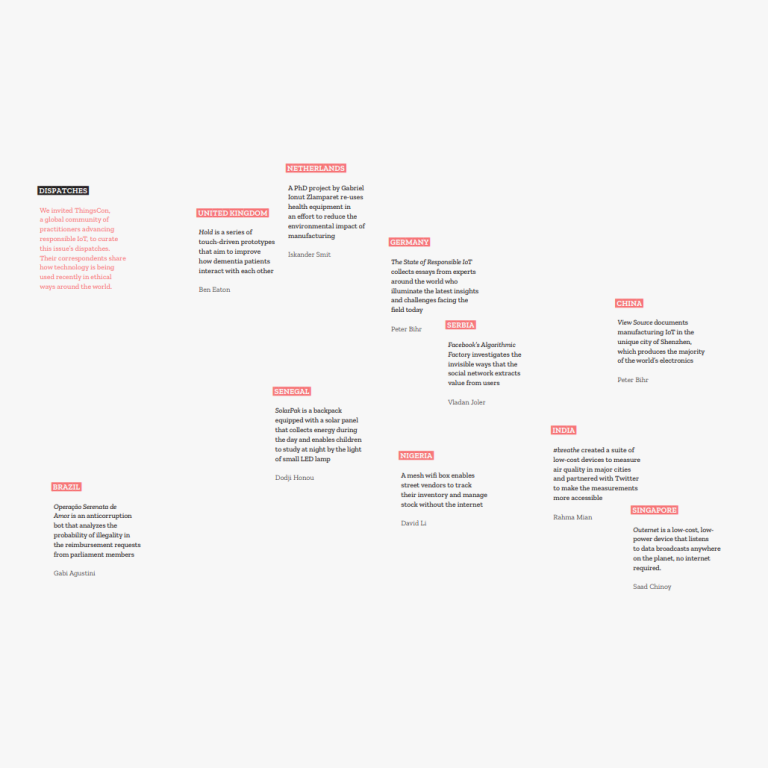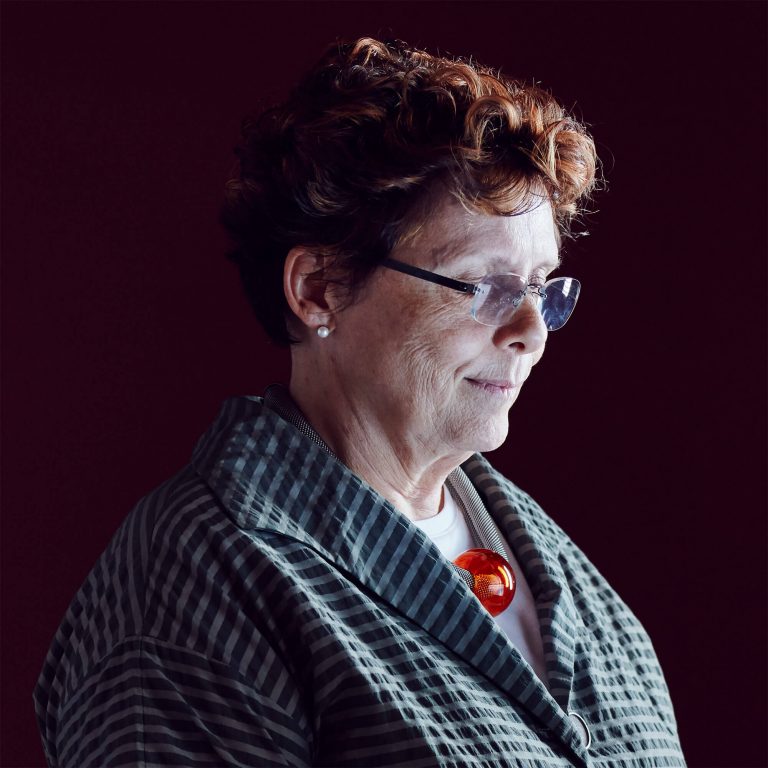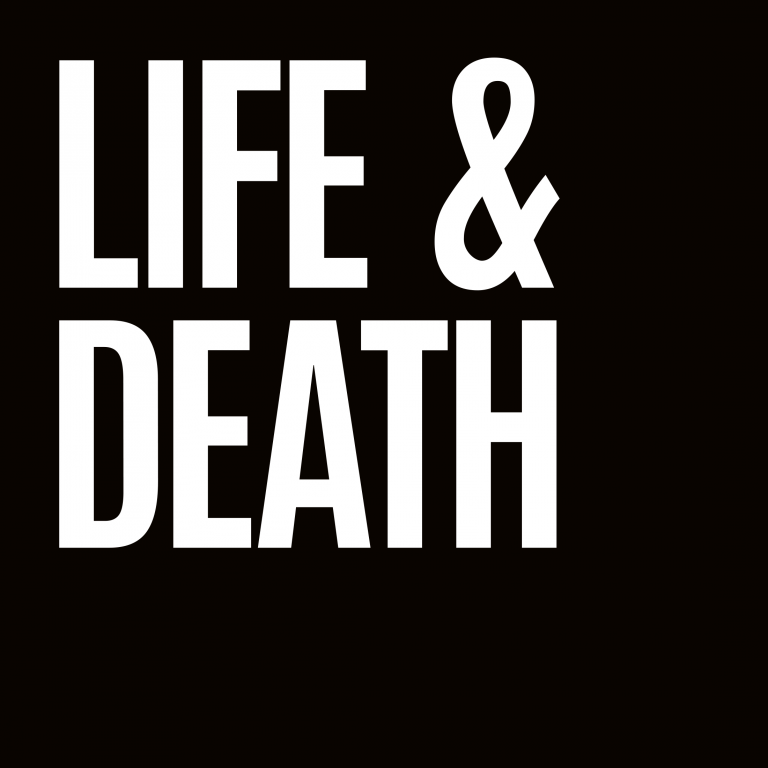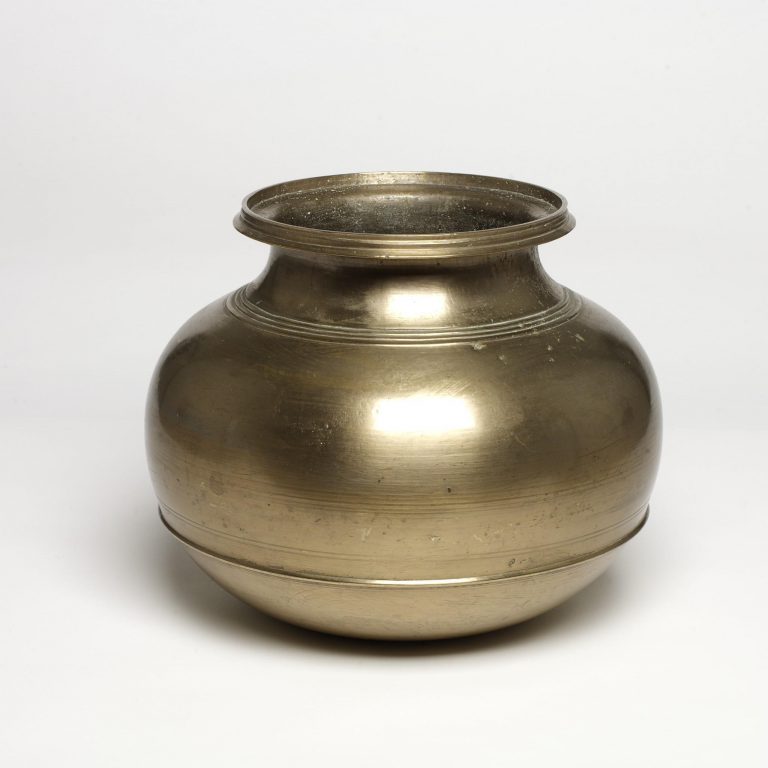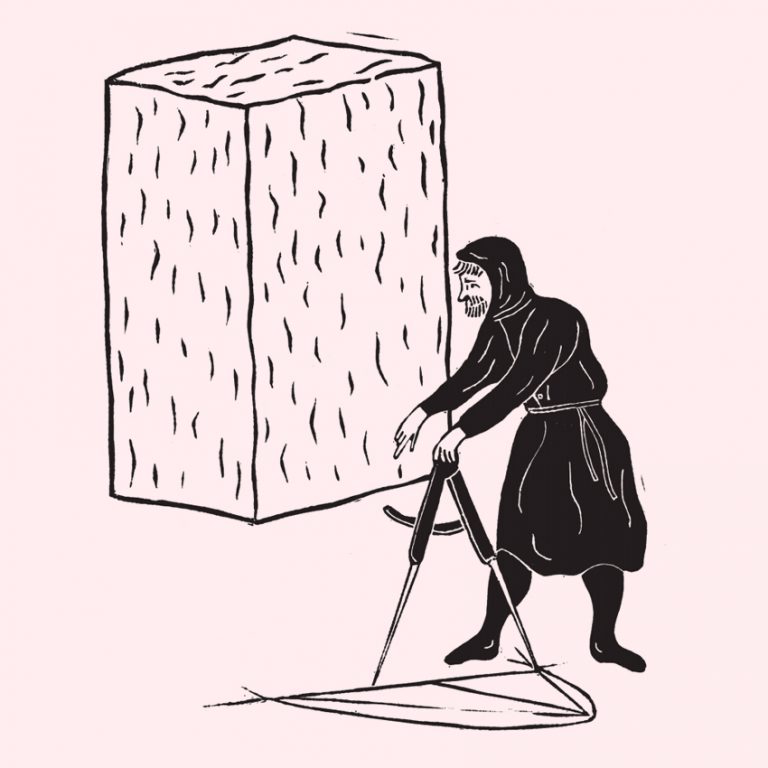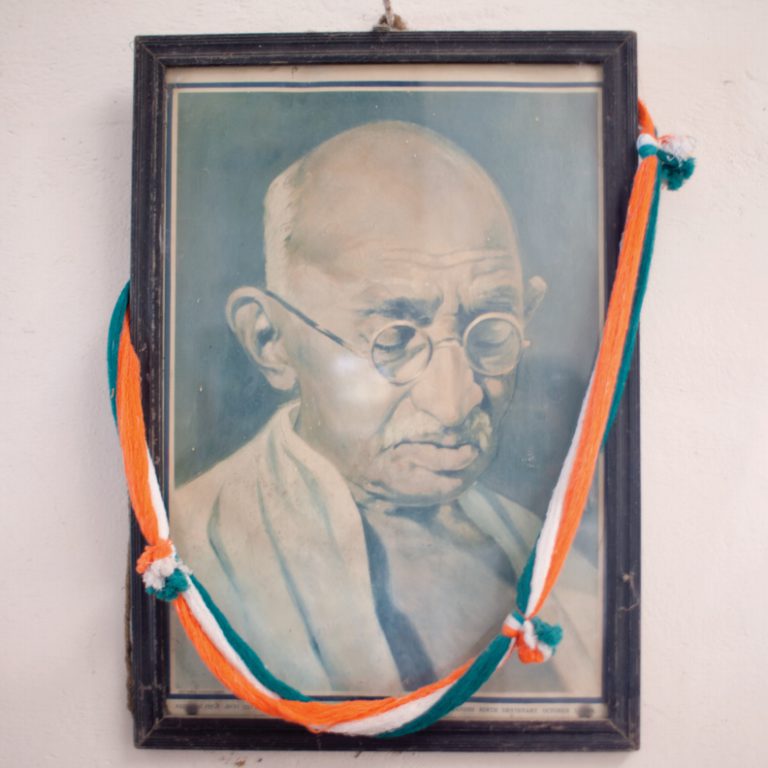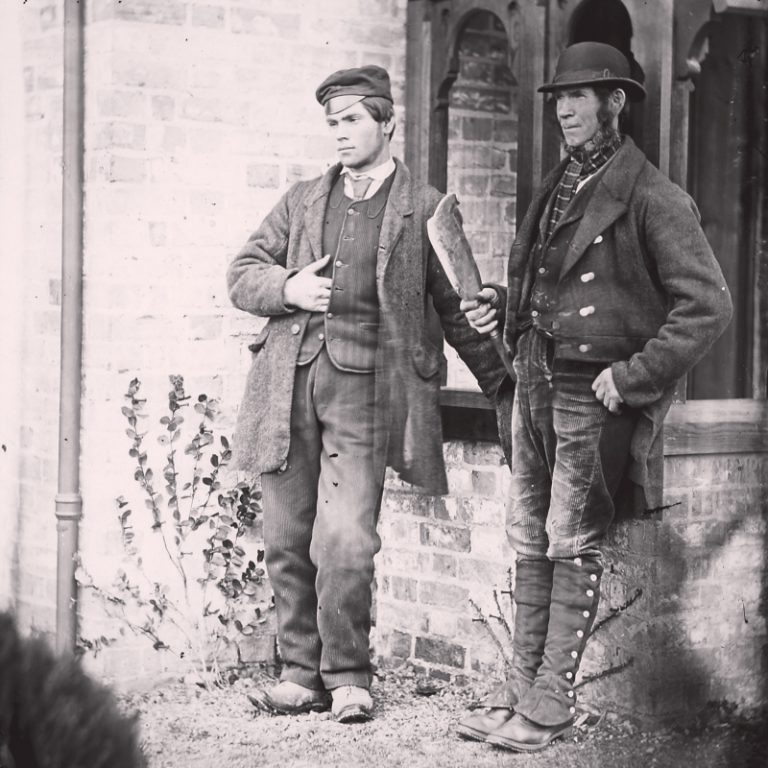In developing the deck, we were also inspired by the Design Justice Principles and by the work of my colleague and good friend, Lucía Egaña Rojas. In another gathering held in Panama, I had the opportunity to attend a speculative feminist writing workshop that she developed for Cooptècniques. Taking cues from her work and that lived experience, we started to play with that methodology and weave in the question of what a feminist algorithm would look like.
This is how the game started to take the shape of an Oracle. It began as a loose brainstorm in a small friendly gathering, and then we started to develop the values cards. Up to that point, we had been using pilot cards with designs from The Noun Project, but once Clarote was selected as a Superrr Fellow, we could develop our own designs – thus starting a new process. In fact, I believe you experienced that moment even closely than me because you two were in Berlin and I was in Brazil. Clarote held some brainstorming workshops around visualizing the values, which inspired what their graphic illustrations would look like. It was very important that we had that development moment, and it was the first funded activity of the project, when it actually took the shape of a proper deck, with our own visual identity.
I don’t think we should have a linear vision of time and there are many cosmologies that also believe in that. Due to colonization this is not in the mainstream view, but is a view that is pretty much alive in practice – particularly here in the territory of Brazil. I live in Rio de Janeiro, where afro-decendence enriches and is totally reflected in the local culture, our music, our parties, our festivities. We are always reconnecting with those ancestralities, when we go out to parties, when we sing, or when we connect to the territory and our histories, sometimes histories of violence, but also of resistance and maintenance of powerful cosmologies, in which in the present we are in continuous conversation and interactions with energies that have lived far longer than us. They trace pathways to pull back and reconnect us with the past, with our ancestralities – and this also makes us more grounded. So the linear vision of time was imposed by colonization and is furthered by neoliberalism. Neoliberal theories impose one path to development, proposing that there are underdeveloped countries that are developing towards one specific ideal which values consumerism and the notion of us as individual beings, instead of part of a collective and an environment, and of the histories where we come from. That proposed disconnection is what is leading us to technologies that cause anxiety, depression, and degradation of beings and of the planet.
A while ago I had the opportunity to attend a vigilia1 around ancestral narratives, led by Indigenous peoples from several territories of what today is called Brazil. It was hosted by Ailton Krenak. We all gathered around a fireplace, where Krenak highlighted how tying those ancestral histories and narratives, and being able to access them, grounds us. It’s different to a timeline, like on social media, which tells you what you should consume, what you should be producing, how you should be presenting yourself. This kind of timeline makes people sick with anxiety, depression and many other mental health issues, including suicide. Krenak’s gathering was the opposite. Those histories reconnect you with you, with who you are, and with everybody that came before you.
The notion of time and how it is situated points towards how technologies are situated. This is captured in the Oracle’s cards “bodies and territories” in a similar way to how transfeminist values are captured in the “values” cards. The “bodies and territories” cards situate tech in the territories and peoples who envision them, therefore, it challenges the notions sold by big tech that a particular tech shall be universalized in a global scale. That is their narrative because it gives them money, profit on a global scale, which also means monopolies and destructive extractivism. What if our technologies are meant to be local, situated, non-scalable, but interoperable? If we think in terms of the Feminist Principles of the Internet, transfeminist tech is also situated and this notion of time also becomes a component.
Distribution is tricky, as we are working with many languages and territories. So we need partnerships for distribution like the one we did with Allied Media Store to sell the deck in the US. We reinvest everything in the project, so by purchasing the game or donating to the project, people also help us to further develop the project, facilitate workshops, create prototypes and improve and expand our online platform, etc. We are still looking for partnerships with feminist bookshops or initiatives that help us to solve distribution in Latin America and to other parts of Europe. Suggestions are welcome.
We also would like to keep exploring ways to bring the Oracle into schools, tech development spaces but also into policy-making and art spaces. I hope the workshop at the Ministry of Labor that I’ve previously mentioned and also the HKW installation have jump-started that trend.
We are also remodeling the website transfeministech.org, which is part of the distribution strategy. The idea is to become clearer on how people can play by themselves and maybe even consult the cards on the website. We’ll be working on that in the next semester.

